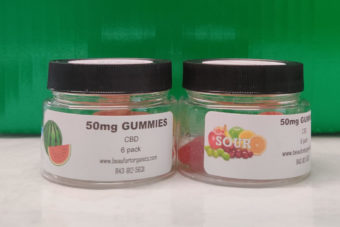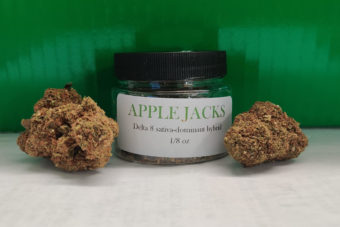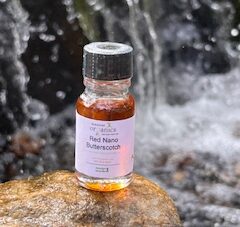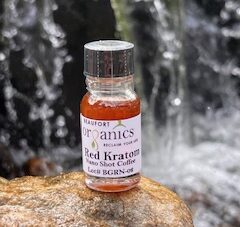
A new study, titled “Lyophilized Kratom Tea as a Therapeutic Option for Opioid Dependence” published in the journal Drug and Alcohol Dependence, shows promise for kratom in treating opioid addiction.
A five-year, $3.4 million grant from the National Institute on Drug Abuse funded the study, which is being carried out by Dr. Chris McCurdy of the UF College of Pharmacy.
The study tested how kratom could alleviate opioid addiction symptoms. (Other studies have shown that kratom, unlike synthetic pharmaceutical opioids, does not suppress breathing, due to the fact that kratom does not recruit beta arrestin.)
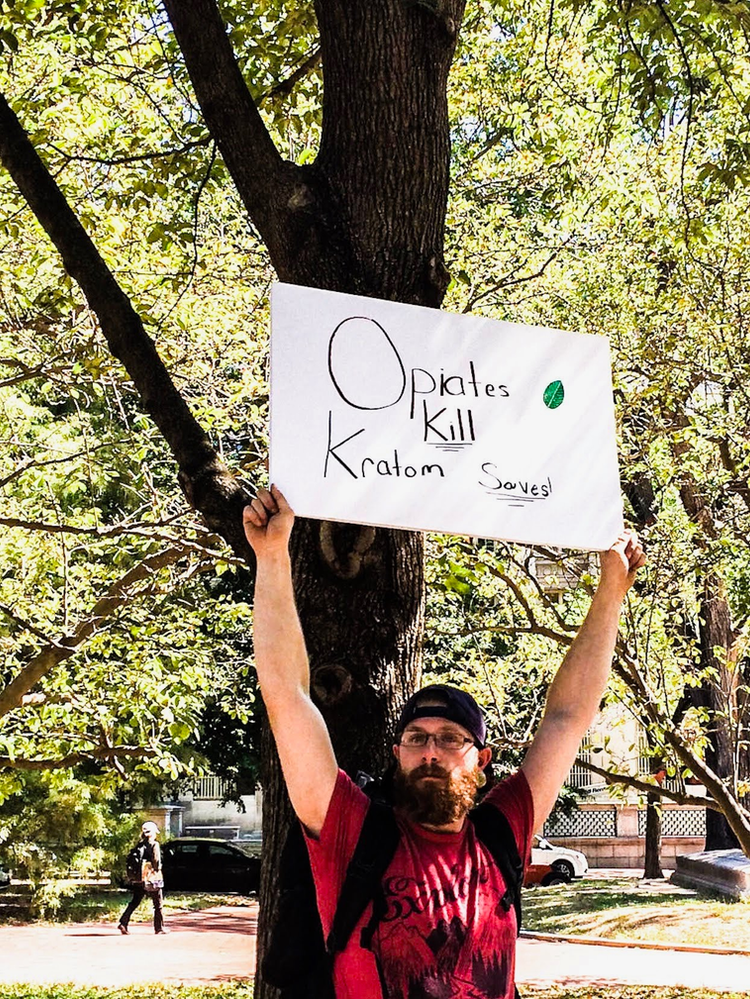
Scientists at the University of Florida have found that the tropical evergreen plant known as kratom “delivered significant pain-relieving benefits, reduced opioid withdrawal symptoms and caused minimal respiratory depression.”
“There have been a lot of anecdotal reports suggesting kratom has some pain-relieving properties and has helped transition users from prescription opioids to this product,” said Chris McCurdy, Ph.D., a professor of medicinal chemistry in the UF College of Pharmacy.
“Scientifically, this becomes one of the most important kratom studies released showing support as a potential treatment option for opioid withdrawal syndrome or opioid use disorder.”

McCurdy, who has studied kratom for more than a decade, along with his co-worker Dr. Jay McLaughlin, discovered during the study that “kratom produced significant pain-relieving effects. Kratom’s pain benefits were also shown to originate from interactions with mu-opioid receptors. These receptors are found in cells throughout the central nervous system and regulate physiological response to pain medicines, such as morphine.”
“Most of the pain relief and withdrawal effects of LKT are mediated via the mu-opioid receptor,” said Jay McLaughlin, Ph.D., a professor of pharmacodynamics in the UF College of Pharmacy.
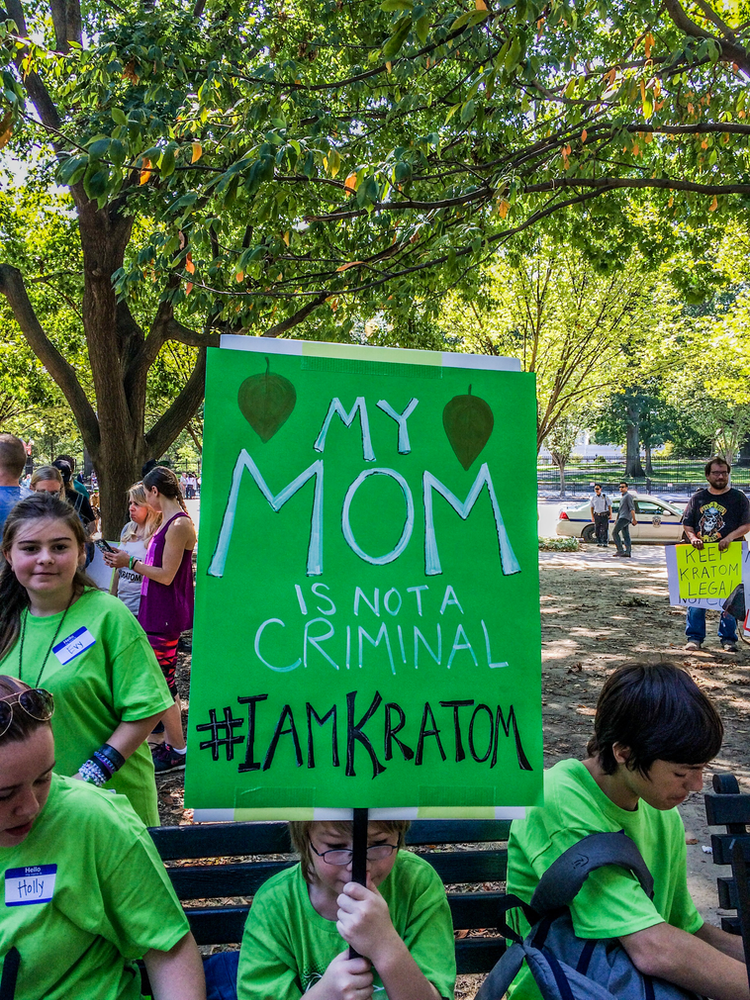
“If you block that receptor, you’re going to lose its ability to block pain.”
“What we learned was that across a wide dosing range — all the way up to the average human equivalence dose that people use — kratom was very safe and did not affect respiration or coordination,” McCurdy said.
“It looks to be a very safe and efficacious product in the model we used and in the more traditional-inspired form of medication that we used.”
Studies like these are highly imperative in that they will help keep kratom legal and move our community towards regulation instead of prohibition.
Sources:






